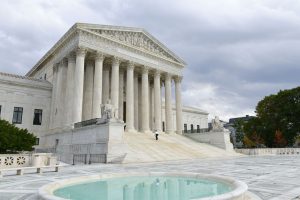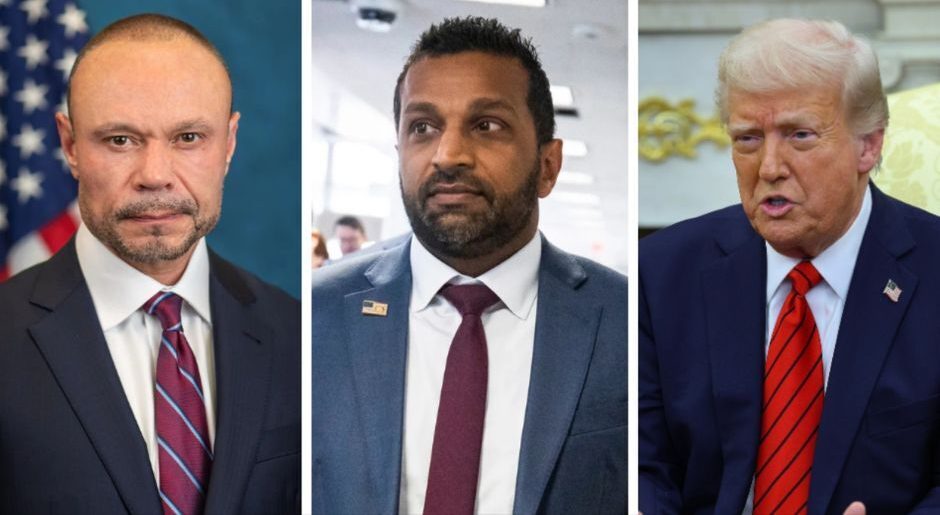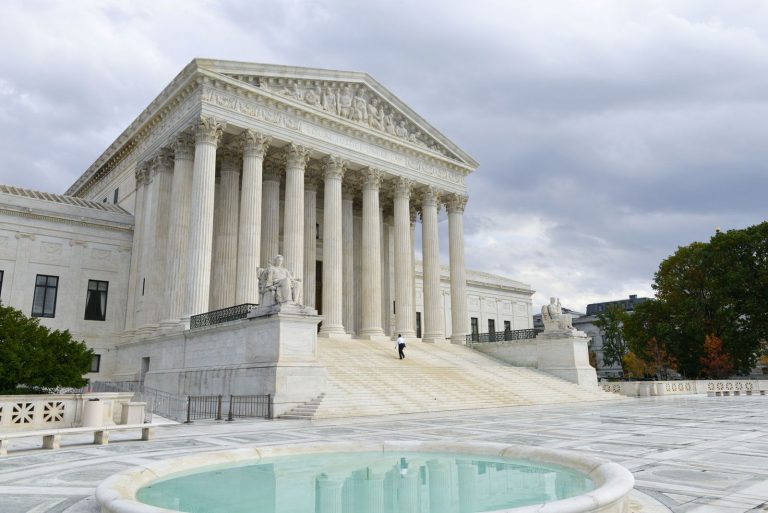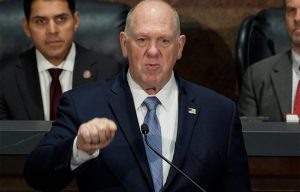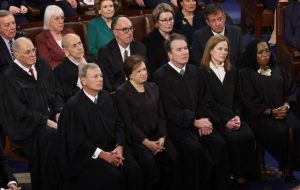FBI Director Kash Patel has mounted an unusually strong public defense against growing rumors that he might resign over internal disagreements tied to the Jeffrey Epstein investigation. The speculation, which exploded across social media and conservative media circles over the weekend, suggested Patel and his deputy, Dan Bongino, were preparing to walk out of the Trump administration after a heated exchange with Attorney General Pam Bondi.
In a statement posted to X (formerly Twitter) on Saturday, Patel flatly denied the reports. “The conspiracy theories just aren’t true, never have been,” he wrote. “It’s an honor to serve the President of the United States @realDonaldTrump — and I’ll continue to do so for as long as he calls on me.”
The message was intended to quash a 24-hour whirlwind of speculation that erupted following reports of a tense White House meeting between Bondi, Patel, and Bongino. The argument allegedly centered on a newly released Department of Justice memo that denied the existence of an Epstein “client list” and stated that no additional documents from the case would be made public.
Bondi — once praised within MAGA circles for claiming she had possession of explosive Epstein files — has come under fire for what many now call a reversal. Her insistence months ago that “a client list exists” and would be released contrasts sharply with the DOJ memo’s assertion that no such material was found. The reversal infuriated many grassroots conservatives who viewed the Epstein case as a symbolic test of the Trump administration’s willingness to expose entrenched corruption.
The memo’s tone and timing poured fuel on that anger. Within hours of its publication, several prominent Trump-aligned influencers accused the Department of Justice of backtracking or concealing evidence. Others claimed Bondi was bowing to pressure from establishment forces inside the administration. For days, hashtags calling for “#ReleaseTheList” and “#EpsteinFiles” dominated online discourse among pro-Trump commentators.
Among those amplifying the story was conservative commentator Laura Loomer, who claimed Bongino had argued heatedly with Bondi and took a day off work in protest. Loomer alleged that Bongino and Patel both wanted greater transparency but were blocked by Bondi. Her post suggested that one or both could resign if the situation wasn’t resolved quickly.
So far, Bongino himself has stayed silent. His official X account has not addressed the matter, and sources close to him have neither confirmed nor denied that any disagreement occurred. That silence has only intensified speculation that a resignation or reshuffling could be imminent.
Amid the storm, Deputy Attorney General Todd Blanche attempted to calm the situation. He posted that he had “worked closely with [Patel] and [Bongino] on the joint FBI and DOJ memo regarding the Epstein Files” and stated that all parties had agreed on the content before release. “The suggestion by anyone that there was any daylight between the FBI and DOJ leadership on this memo’s composition and release is patently false,” Blanche wrote.
Still, the damage may already be done. Many conservatives — even some of Trump’s staunchest supporters — remain skeptical. They argue that the DOJ’s carefully worded denials and the FBI’s unified messaging are signs of political spin rather than transparency. They point to Bondi’s prior claims and the years of speculation surrounding Epstein’s ties to powerful political and business figures as evidence that more information must exist.
The White House, sensing growing unrest among supporters, intervened to project unity. Principal Deputy Press Secretary Harrison Fields issued a rare statement defending the administration’s cohesion. “President Trump has assembled a highly qualified and experienced law-and-order team dedicated to protecting Americans, holding criminals accountable, and delivering justice to victims,” he said. “Any attempt to sow division within this team is baseless and distracts from the real progress being made.”
Bondi herself, though now a lightning rod for criticism, has not wavered. Speaking to reporters, she said she has “every intention to stay and serve” and emphasized that her office’s approach to the Epstein investigation remains “firmly grounded in evidence and law.” She also noted that the DOJ’s memo was the result of a months-long review involving both federal and state agencies, not a last-minute political maneuver.
But that explanation has done little to ease the frustration of many in the conservative base. To them, the Epstein files represent more than a single case — they are symbolic of decades of perceived corruption, elitism, and double standards. The notion that a high-profile administration built on promises to “drain the swamp” might suppress information related to Epstein is, for some, a betrayal of the movement’s core ethos.
The situation is further complicated by Patel’s own history. Before becoming FBI Director, he had been a frequent guest on conservative media programs where he criticized the FBI’s handling of the Epstein case and questioned official accounts of Epstein’s death. Now, as the head of the Bureau, Patel must balance those earlier statements with the realities of classified investigations, legal constraints, and coordination with the Justice Department. His transformation from outspoken critic to institutional defender has drawn mixed reactions from both his allies and opponents.
Politically, the timing could not be worse for the Trump administration. With election-year tensions rising and the Justice Department under intense scrutiny from both Congress and the media, any hint of infighting feeds a larger narrative of internal dysfunction. Some in Washington worry that even if the rumors are exaggerated, the mere perception of division within the law-and-order team could be damaging.
The Biden administration’s allies have seized on the controversy as evidence of chaos within Trump’s government. Democratic lawmakers have called for hearings to examine the decision-making process behind the Epstein memo, questioning whether politics influenced the Justice Department’s conclusions. Senate Democrats have also requested that Patel, Bondi, and Bongino testify publicly about their roles in drafting and approving the document.
Behind closed doors, however, several administration officials describe the matter as overblown. They say the disagreements were professional, not personal — rooted in how to handle sensitive evidence and ongoing litigation related to Epstein’s former associates. One senior law-enforcement official, speaking on background, said: “There was a debate about transparency versus process. That’s normal in cases with sealed records. What isn’t normal is how it got spun into a story about resignations.”
Still, the White House recognizes that perception is reality in modern politics. Even if Patel and Bongino remain in place, the image of disunity could linger. Trump himself reportedly called both men over the weekend, telling them they were doing “an excellent job” and urging them to “stay focused on the mission.” Bondi, too, was said to have spoken with the President, who privately reassured her of his support and told aides she was being unfairly attacked.
Outside Washington, the controversy has reignited public fascination with the Epstein saga. Despite Epstein’s death years ago, his network of associates continues to dominate online conspiracy spaces, where demands for transparency have become a rallying cry. For many Americans, the idea of a hidden “client list” has taken on near-mythical status — a symbol of elite corruption that transcends partisan lines. The DOJ memo’s categorical denial of such a list has only deepened suspicion.
In political terms, Patel’s statement was an effort to stabilize a volatile situation. His pledge of loyalty to President Trump serves as a public signal to supporters that the FBI remains under firm MAGA leadership, despite the rumors. But behind that reassurance lies an unavoidable truth: the Epstein case continues to cast a long shadow over American politics, law enforcement, and public trust.
Whether this controversy fades or escalates will depend on what happens next. If Bongino eventually breaks his silence or if Congress compels testimony from any of the key players, new details could reignite tensions. Conversely, if the administration stays disciplined and united, the storm may pass.
For now, Patel’s firm denial, Bondi’s defiance, and Bongino’s silence have created a tense equilibrium — one in which every word and gesture is scrutinized by both allies and critics. The internal rift, real or perceived, underscores just how politically explosive the Epstein saga remains. Years after the financier’s death, the case still commands national attention, exposing fault lines not just between parties but within them.
As the administration braces for the months ahead, one thing is clear: the battle over the Epstein files is far from over. The public may never see the documents many believe exist, but the political fallout — and the questions about who holds the truth — will continue to shape Washington’s power struggles for a long time to come.

Sarah Mitchell is a bestselling novelist recognized for her insightful and emotionally resonant stories that explore the complexities of human relationships. Originally from Denver, Colorado, Sarah grew up in a family of teachers who nurtured her curiosity and love for storytelling. She studied psychology at Stanford University, where she became fascinated by the intricacies of human behavior—an interest that would later shape her writing career. Sarah’s novels are praised for their nuanced characters, intricate plots, and ability to capture the subtle tensions that define love, friendship, and family ties. Her breakthrough novel, The Spaces Between Us, became an instant bestseller, lauded for its honest portrayal of strained family relationships and the fragile bonds that hold people together. Since then, she has published several works that continue to captivate audiences around the world. Outside of her writing career, Sarah is passionate about mental health advocacy and often partners with organizations to promote awareness and support for those struggling with emotional well-being. Her personal life is quieter—she enjoys hiking in the Colorado mountains, practicing yoga, and spending time with close friends. With each new book, Sarah Mitchell cements her reputation as a writer who illuminates the beauty and struggles of human connection.



